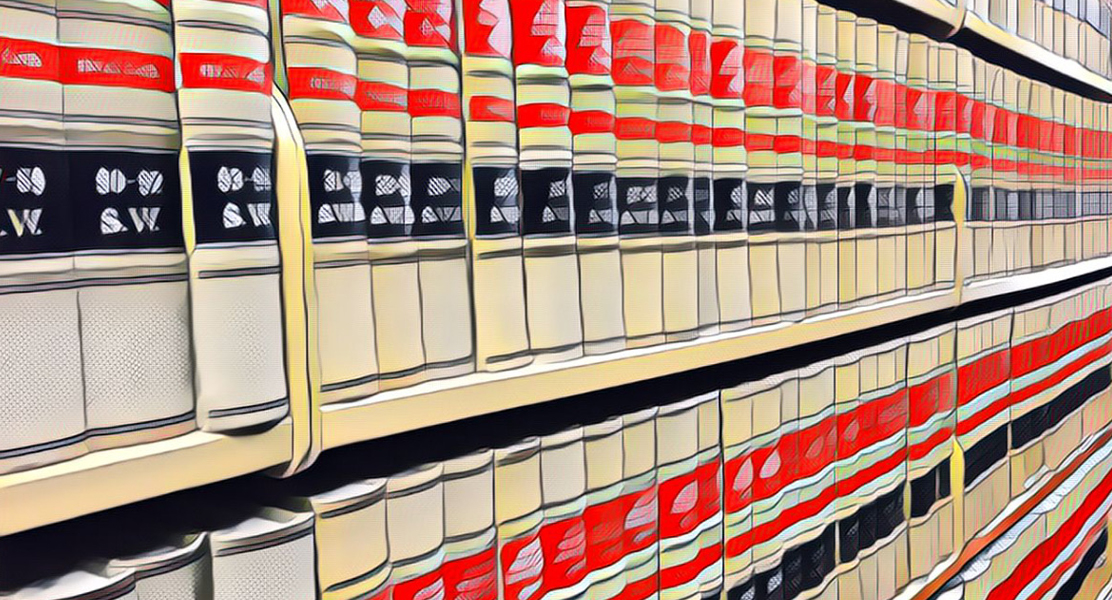Impact of Kennedy v. Bremerton already apparent as courts are forced to reconsider Establishment Clause cases

In June, the U.S. Supreme Court in Kennedy v. Bremerton ruled that a high school coach’s prayers at midfield following football games did not violate the Establishment Clause.
The decision in Kennedy is notable for more than just the troubling outcome. In its ruling, the Court overturned the long-standing “Lemon test,” which has guided courts since 1971 in determining whether a government entity has unlawfully established religion. As BJC Executive Director Amanda Tyler lamented, “the Court … severely limit[ed] the Establishment Clause and its important protections for religious freedom.”
The Lemon test asked courts to ensure that government actions have a secular purpose, that they do not serve primarily to advance or inhibit religion, and that they do not excessively entangle the state with religion. Justice Neil Gorsuch, who wrote the majority opinion in Kennedy, left little guidance on what should replace Lemon, apart from requiring that courts look to “historical practices and understandings” in evaluating Establishment Clause claims. The ruling has left many church-state scholars wondering what — if anything — remains of the Establishment Clause. On what basis, they ask, can courts find anything to be a church-state violation? We may find out soon, as lower courts are already grappling with this new post-Lemon world.
In one such case, Rojas v. City of Ocala, the plaintiffs, who are atheists and humanists, challenged a city-sponsored and city-promoted prayer vigil — which plaintiffs described as a Christian tent revival — in which city leaders (including uniformed police officers) prayed from the stage following a devastating violent crime spree. A trial court granted summary judgment to the plaintiffs, citing the Lemon test, and the court held that the event violated the Establishment Clause. Here is an excerpt from the court’s opinion:
Having failed each of Lemon‘s three prongs, the Prayer Vigil would appear to violate the Establishment Clause. Even the City and Chief Graham agreed at oral argument that a government entity or actor may not organize and hold a prayer vigil without violating the Establishment Clause. But they say that is not what happened here. Rather, they contend the Prayer Vigil was a community-sponsored activity, not a government-sponsored event. And for their part, plaintiffs don’t disagree that it would be perfectly appropriate for the community or any non-government segment thereof to organize and hold a prayer vigil in the public Downtown Square. What this case turns on, then, is: Whose Prayer Vigil was this?
The city appealed. Now, the 11th U.S. Circuit Court of Appeals has sent the case back for the trial court to reconsider in light of the Supreme Court’s ruling in Kennedy. The question, the appeals court suggests, is no longer “Whose Prayer Vigil was this?” Instead, the appeals court directed the trial court to “apply…the historical practices and understandings standard…” to the event.
Will government-sponsored prayer meetings become the norm after Kennedy? Or will courts determine that there is no long-standing historical practice of government-initiated tent revivals? Regardless of how this trial court rules, it seems likely to be appealed again to the 11th Circuit. Stay tuned.




